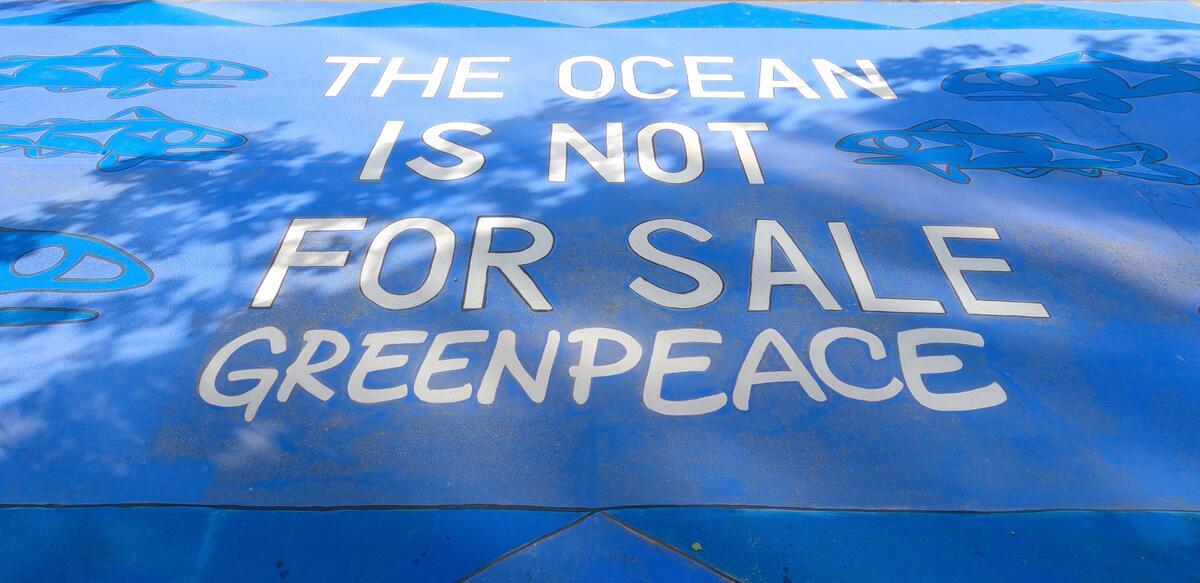(TORONTO) – Synthetic nitrogen fertilizer usage in Canadian agriculture is 8 times the global average per capita, according to new research conducted by GRAIN, Greenpeace International and the Institute for Agriculture and Trade Policy (IATP).
This extraordinarily high rate of fertilizer use in Canada furthermore contributes to roughly 3% of global emissions from N fertilizers, despite Canada having only 0.4% of the world’s population. Nitrous oxide is a greenhouse gas 265 times more potent as carbon dioxide (CO2).
As critical negotiations take place in Glasgow over the future of global climate action, the new research made publicly available for the first time today exposes the massive threat to our climate posed by synthetic nitrogen emissions worldwide. This includes:
- Synthetic nitrogen fertilizers are a major driver of the climate crisis, contributing 2.4% of global greenhouse gas emissions.
- The global synthetic nitrogen fertilizer supply chain was responsible for estimated emissions of 1,250 million tonnes of CO2e in 2018, which is roughly 21.5% of the annual direct emissions from agriculture (5,800 million tonnes). For comparison, the global emissions from commercial aviation in 2018 were around 900 million tonnes of CO2.
- The global mean annual per capita use of synthetic nitrogen fertilizers has increased 5 times since the 1960s: from 3kg per person in 1960 to 15kg per person in 2018. In North America, the increase reached 40kg per person in 2018.
Meanwhile, in Canada the fertilizer lobby has been waging an aggressive public relations battle to resist federal targets to reduce absolute emissions from fertilizer use by 30% by 2030. However, new documents obtained by Greenpeace Canada reveal the Minister of Agriculture and Food holding the line against fertilizer industry opposition to nitrogen reductions targets in Canada.
The talking points prepared for Marie-Claude Bibeau appear to resist this pressure in at least one key meeting with a major industry lobbyist, including: “We must all do our part and, for the Canadian agriculture industry, this means reducing absolute emissions from fertilizers.”
According to Head of Nature and Food Campaign with Greenpeace Canada, Shane Moffatt:
“Minister of Agriculture and Food Marie-Claude Bibeau is going to have her plate full tackling the huge threat posed to our climate by the fertilizer industry. While she made a good start setting reduction targets, this new research makes it clear that the federal government needs to go much further. There needs to be a global phase-out of these synthetic fertilisers and that phase-out must start now.
That means standing up to the industry lobbyists and instead investing in the small farmers and Indigenous food producers across Canada building a climate-safe future and local food resilience. The stunning research revealed today shows just how urgent this task is.”
ENDS
Note to editors:
The global research summary can be accessed here.
The full summary is available here.
Briefing notes for the Minister of Agriculture and Food can be accessed here.
For media inquiries, please contact:
Dina Ni, Communications Officer, Greenpeace Canada, [email protected], +1 416 820-2148


